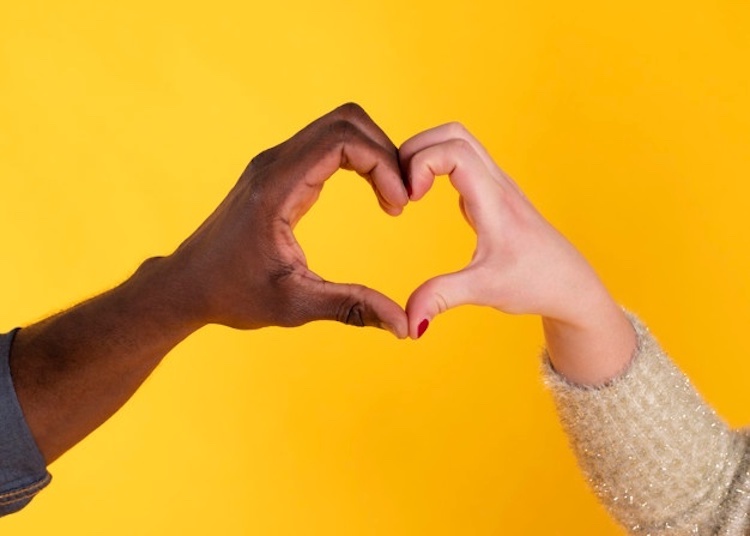- Home
- The Parenting
- Books To Help Children Understand Racism

Books To Help Children Understand Racism
Racism, police brutality and civil disobedience are topics that some parents might feel overwhelmed to discuss. Experts say that it is OK not to have all the answers. However, it is a very important conversation to have and is essential to address them.
“Not talking about it sends a message that maybe what children are feeling isn’t right,” Dr. Jacqueline Dougé, a Maryland pediatrician and an author of the American Academy of Pediatrics (AAP) policy statement The Impact of Racism on Child and Adolescent Health. “It also sends a message when it comes time to deal with hard conversations and hard issues … that perception that child has is, ‘I’m not going to be able to open up my (parents).’”
What can parents do to teach their children about prejudice and tolerance?
-Don’t ignore the issue because it is a tough conversation to have. Research shows that children are aware of racial and ethnic differences as 3 years old. They notice others’ skin colors and can pick up on ways that people may be treated or perceived differently based on their nationality or race.
-Don’t depend on schools to teach about racism. Many teachers lack the formal training and knowledge to hold a proper discussion in relation to racism and sensitivity.
-Books serve as a great way for children and young adults to learn about discrimination, oppression and diversity of experiences. Here are some recommended titles by educators, librarians, and civil-rights experts.
ELEMENTARY SCHOOL
Elementary school students can feel the harshness of prejudice and exclusion. They may be teased with names or picked on for being different. This age group responds best to books based on real-life stories.
“Mama’s Nightingale: A Story of Immigration and Separation,” by Edwidge Danticat
“The Soccer Fence: A Story of Friendship, Hope and Apartheid in South Africa,”by Phil Bildner
“Remember: The Journey to School Integration,” by Toni Morrison
MIDDLE SCHOOL
Teens are very much aware of social status and group rankings. To those who might feel excluded, they can be more sensitive. This is a good age to have an understanding of people who are less privileged.
“The Traitor,” by Laurence Yep
“Claudette Colvin: Twice Toward Justice,” by Phillip M. Hoose
“The March Trilogy,” by John Lewis and Andrew Aydin
HIGH SCHOOL
Older teens can understand more challenging topics such as racial profiling. These books are appropriate for young adults as well.
“Between the World and Me,” by Ta-Nehisi Coates
“Black Lives Matter,”by Sue Bradford Edward and Duchess Harris









